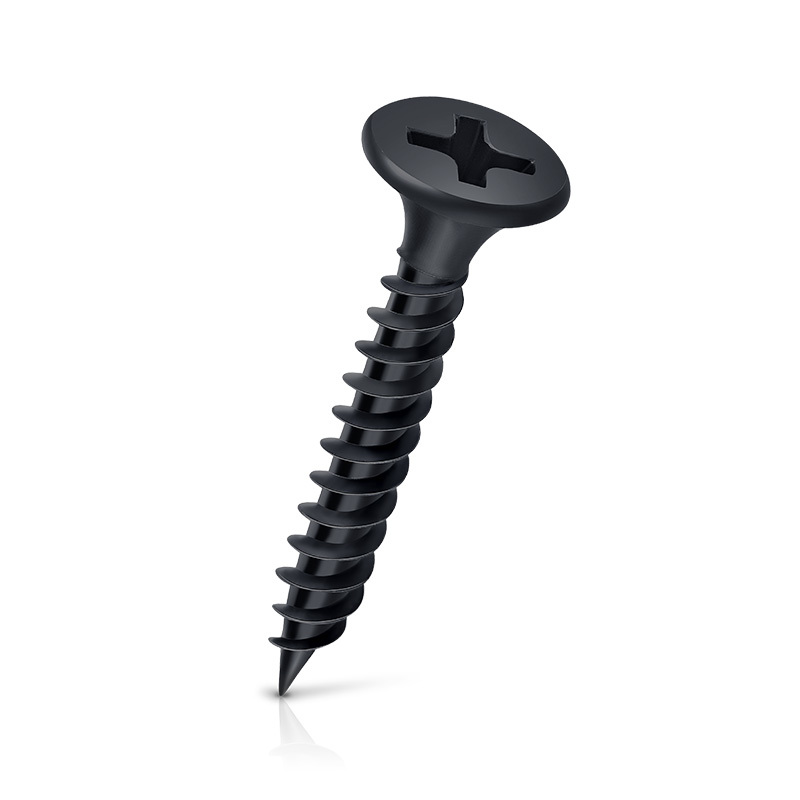Hexagon Self-Tapping Screws for Various Applications and Industries
The Versatility and Importance of Hexagon Self-Tapping Screws
In the world of construction, engineering, and DIY projects, fasteners play a critical role in ensuring the stability and longevity of structures and items. Among the various types of fasteners available, hexagon self-tapping screws have emerged as a popular choice due to their innovative design and versatility. This article delves into the features, advantages, and applications of hexagon self-tapping screws.
What Are Hexagon Self-Tapping Screws?
Hexagon self-tapping screws are fasteners characterized by their unique hexagonal head and the ability to create their own receiving threads when driven into materials. These screws come in different materials, including stainless steel, carbon steel, and more, providing options for various environments and load requirements. The hexagonal head, which requires a wrench for driving, offers a larger gripping surface, making it easier to apply higher torque compared to other screw types.
Features and Benefits
One of the primary advantages of hexagon self-tapping screws is their ability to tap their own threads into materials such as metal, wood, or plastic. This self-threading capability eliminates the need for pre-drilling holes, significantly speeding up the assembly process and reducing labor costs. Additionally, this feature provides a secure fit, improving the overall reliability of the joint.
The hexagonal design of the head enhances grip and facilitates the application of greater torque, which is particularly beneficial in high-stress applications. Moreover, the threaded design allows for a strong connection that can withstand vibrations and dynamic loads, making these screws ideal for machinery and automotive applications.
hexagon self tapping screw products

Additionally, many hexagon self-tapping screws are designed to be corrosion-resistant, especially those made from stainless steel or treated with coatings such as zinc plating. This property extends the lifespan of the screw and the integrity of the materials being fastened, making them suitable for outdoor use and in harsh environments.
Applications
Hexagon self-tapping screws find applications across various industries due to their adaptability and reliability. In construction, they are commonly used for steel framing, metal cladding, and roof installations, where the need for strong, permanent connections is paramount. In the automotive industry, these screws are instrumental in assembling components, ensuring that high-performance vehicles maintain their structural integrity even under extreme conditions.
Furthermore, hexagon self-tapping screws are also widely used in the manufacturing of appliances, furniture, and electronic devices. The ease of use and efficiency they offer make them a favored choice among manufacturers looking to streamline production processes while maintaining quality.
Conclusion
Hexagon self-tapping screws represent a significant advancement in fastening technology, combining convenience, strength, and versatility. Their ability to create threads on their own and the robust nature of their hexagonal heads make them suitable for a wide range of applications across various industries. As technology continues to evolve, the demand for reliable and efficient fastening solutions like hexagon self-tapping screws is likely to increase, reflecting their essential role in modern construction and manufacturing practices. Whether you are a professional contractor or a DIY enthusiast, incorporating hexagon self-tapping screws into your projects can significantly enhance the durability and performance of your work.
-
Top Choices for Plasterboard FixingNewsDec.26,2024
-
The Versatility of Specialty WashersNewsDec.26,2024
-
Secure Your ProjectsNewsDec.26,2024
-
Essential Screws for Chipboard Flooring ProjectsNewsDec.26,2024
-
Choosing the Right Drywall ScrewsNewsDec.26,2024
-
Black Phosphate Screws for Superior PerformanceNewsDec.26,2024
-
The Versatile Choice of Nylon Flat Washers for Your NeedsNewsDec.18,2024










